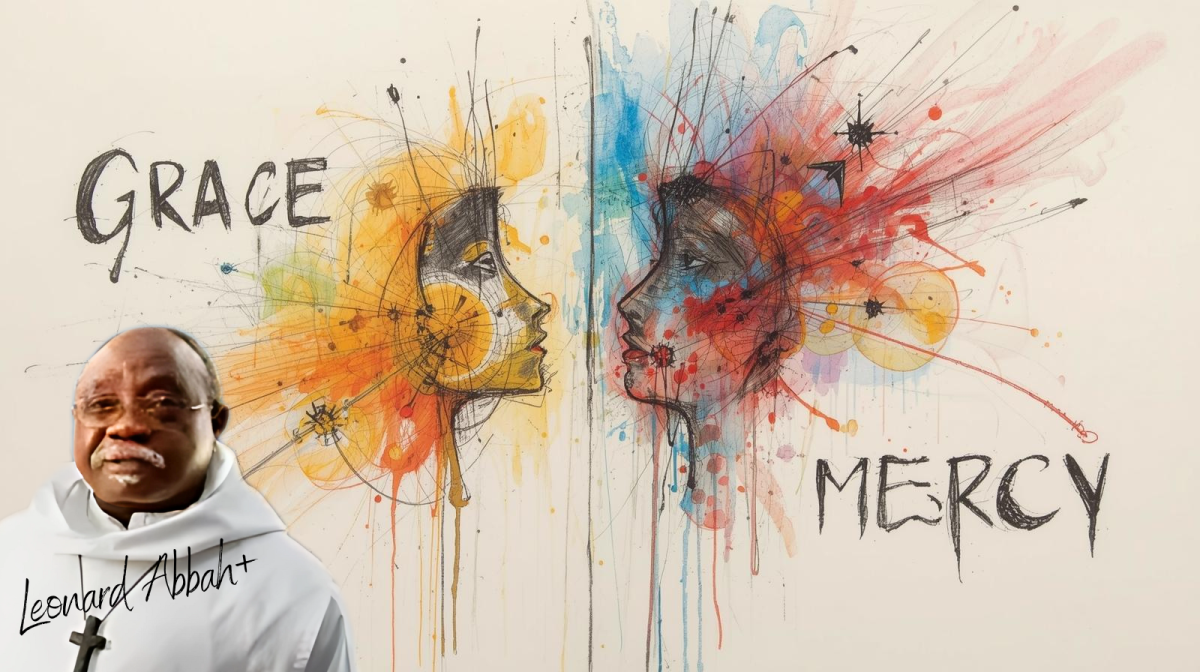 In our spiritual journey, we often hear about grace and mercy. But do we truly understand their significance and differences? Let's take a deeper look.
In our spiritual journey, we often hear about grace and mercy. But do we truly understand their significance and differences? Let's take a deeper look.
Understanding Mercy and Grace
Mercy, in its essence, is God's decision not to punish us. On the other hand, grace is God's decision to save and bless us. Each plays a crucial role in our relationship with God, offering us a way to navigate the challenges and opportunities life presents.
The Parable of Lazarus and the Rich Man
There's a notable story in the Bible about Lazarus, a poor man, and a rich man who remains nameless. This parable serves as a profound reminder of how society often overlooks the seemingly insignificant while glorifying the powerful. In many cultures, a name is significant; it carries identity and meaning. So when we hear of Lazarus, we understand there's more to his story than just poverty. His story echoes through time, reminding us of the invaluable lesson that no matter our social status, our names, and actions, hold power.
Socioeconomic Structures and Our Faith
The world is marked by economic disparities—rich, middle-class, poor, and poorest. Lazarus represents those who are overlooked and marginalized. Throughout history, from Biblical times to modern-day cities like Los Angeles' Skid Row, societal structures have fostered these disparities. Liberation theology and thinkers like Father Vincent have critiqued these inequalities, emphasizing that poverty is often a systemic issue, not merely a personal failure.
Gifts from God and Our Responsibility
We are stewards of the gifts God grants us. In the parable of the talents, we learn that our wealth and resources are not for hoarding but for uplifting those around us. The rich man lived in comfort, blind to the suffering at his gate. But scripture warns us of the dangers of allowing wealth to dictate our actions, blinding us to justice, mercy, and compassion.
The Reversal of Fortunes
Biblical teachings talk of the reversal of fortunes—where the oppressed will find solace, and the proud will be humbled. This challenges societal power dynamics, promoting equality and justice. Luke's Beatitudes underscore the blessings for the poor and the pitfalls for those consumed by wealth and status.
Our Shared Humanity
Regardless of our wealth or status, there is a commonality that unites us all: our mortality. Both Lazarus and the rich man died, yet their fates in the afterlife starkly differed. Lazarus was carried by angels, while the rich man found himself in torment. These narratives compel us to reflect on how we live and whom we choose to help.
Living with Mercy, Compassion, and Love
As we approach Thanksgiving, let's extend our tables to those in need. Invite those who might not have, so they can also partake in the blessings of community and fellowship. We are called to act with mercy, compassion, and love, treating each other as fellow human beings created by God.
In closing, remember that grace and mercy are not just divine gifts but responsibilities we must earnestly uphold in our lives. Thank you for joining me in this reflection. May we continue to live with love and kindness, honoring the teachings of God the Father, Son, and Holy Spirit. Amen.
